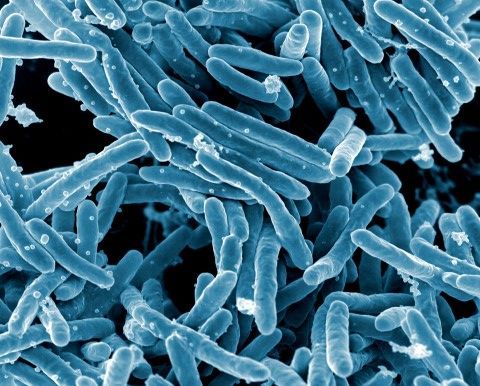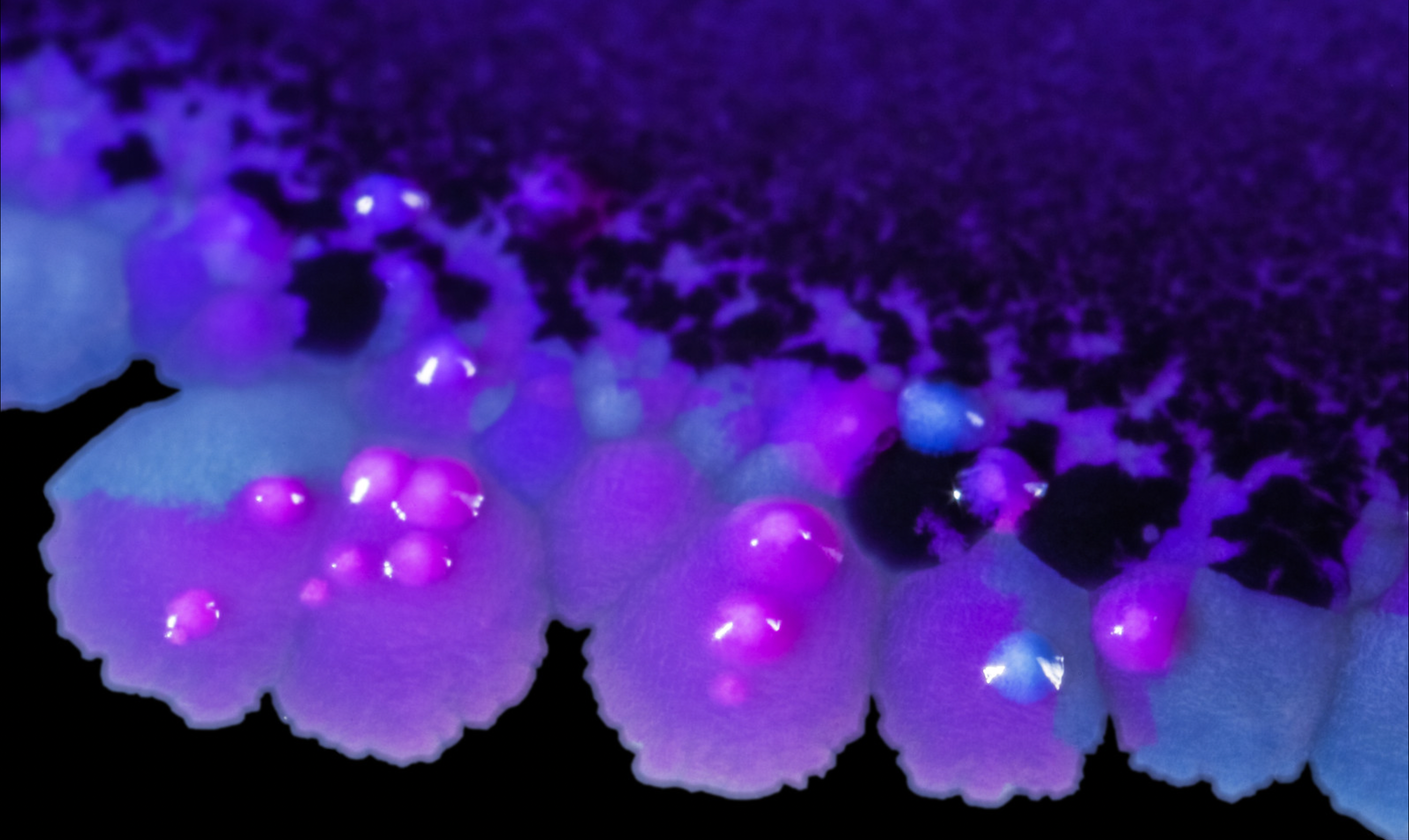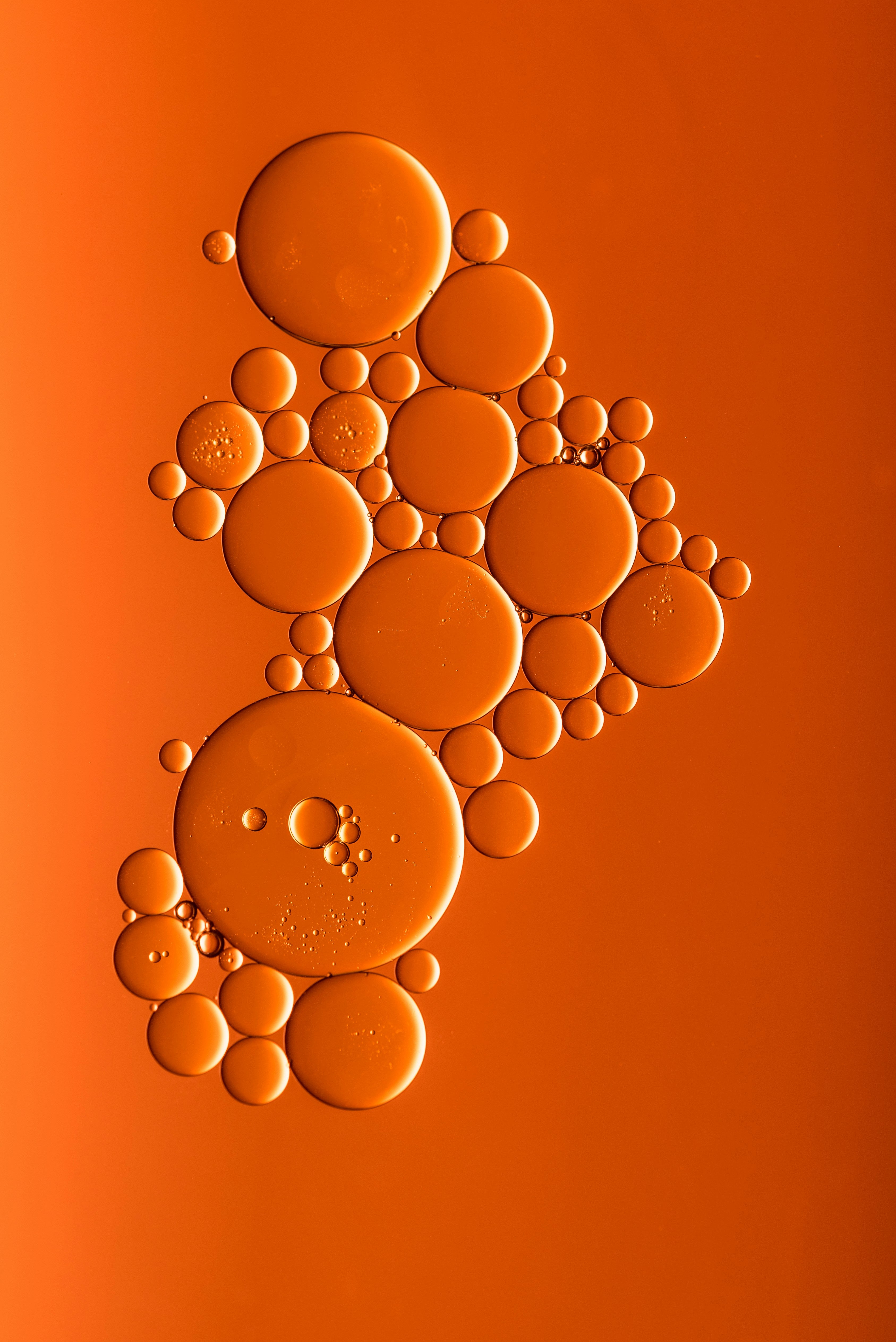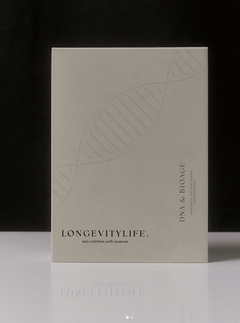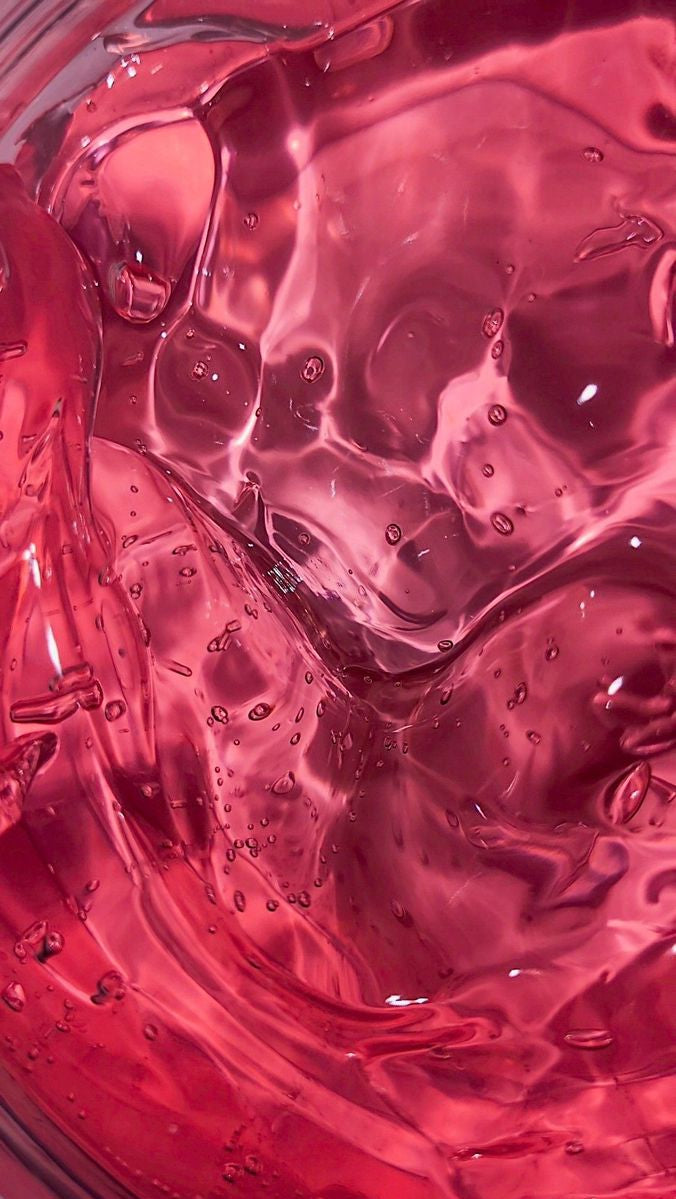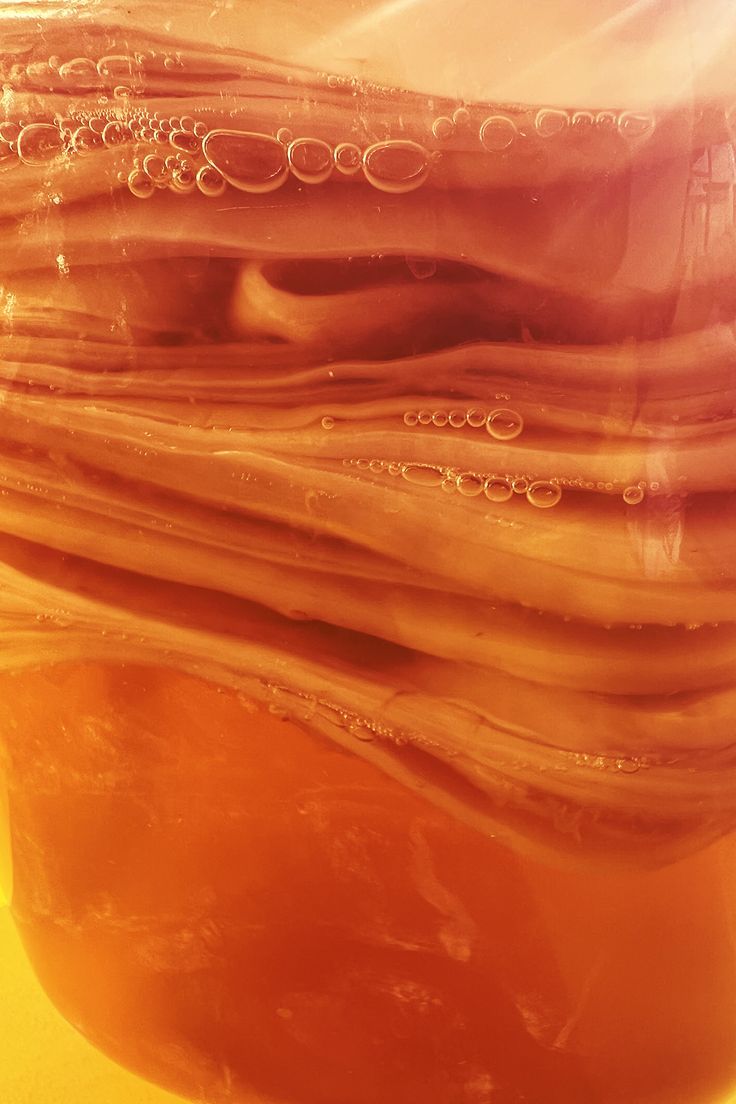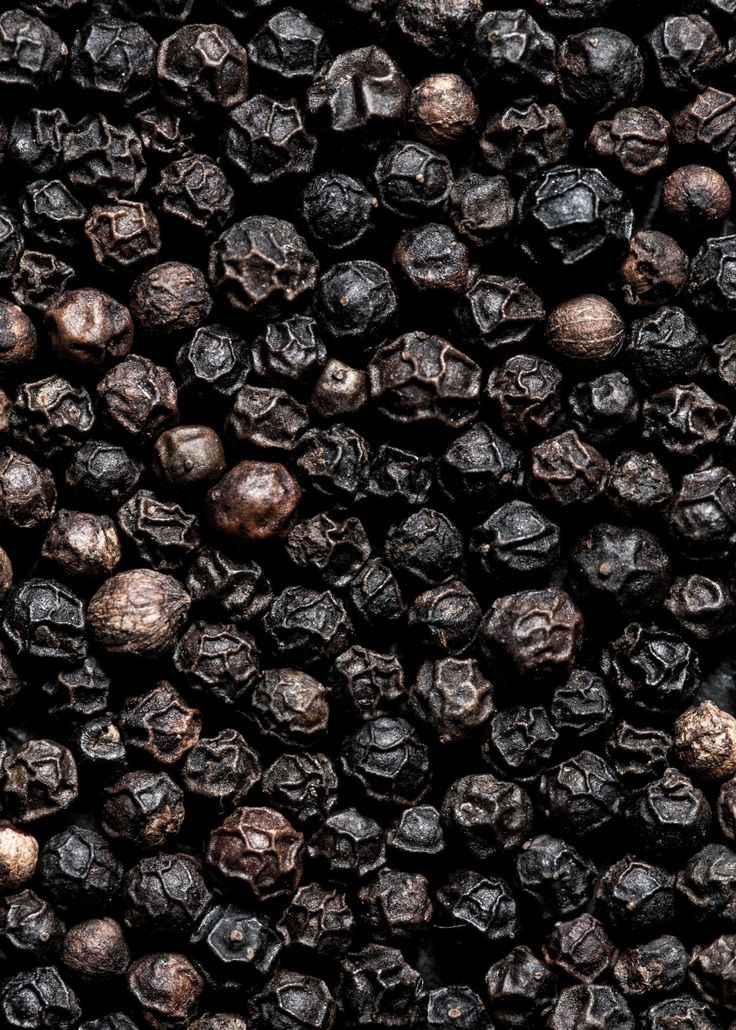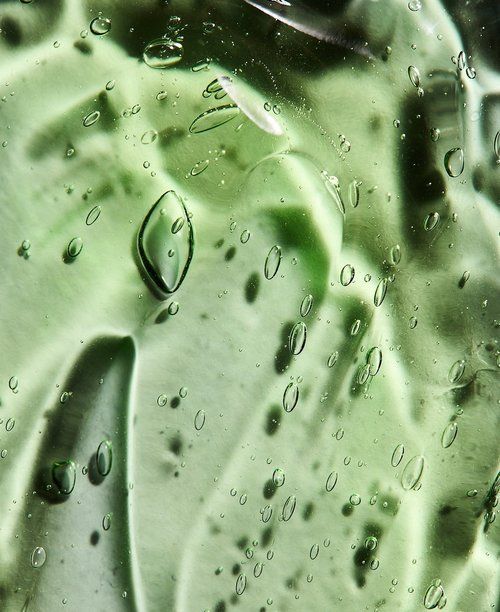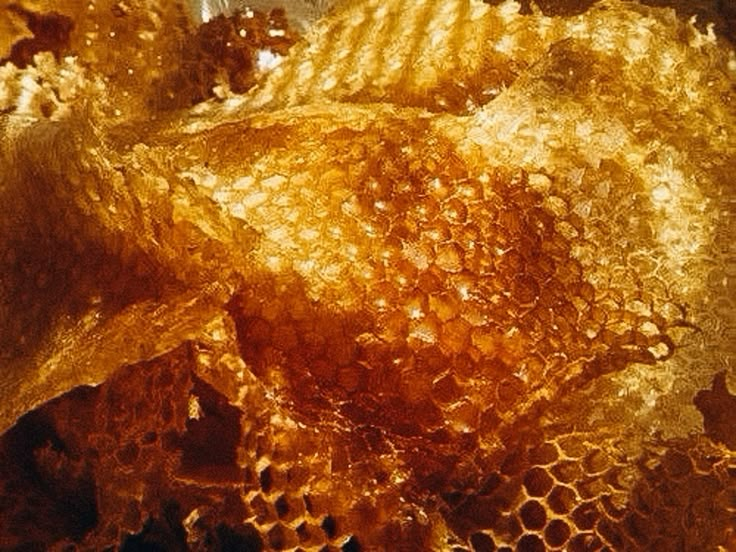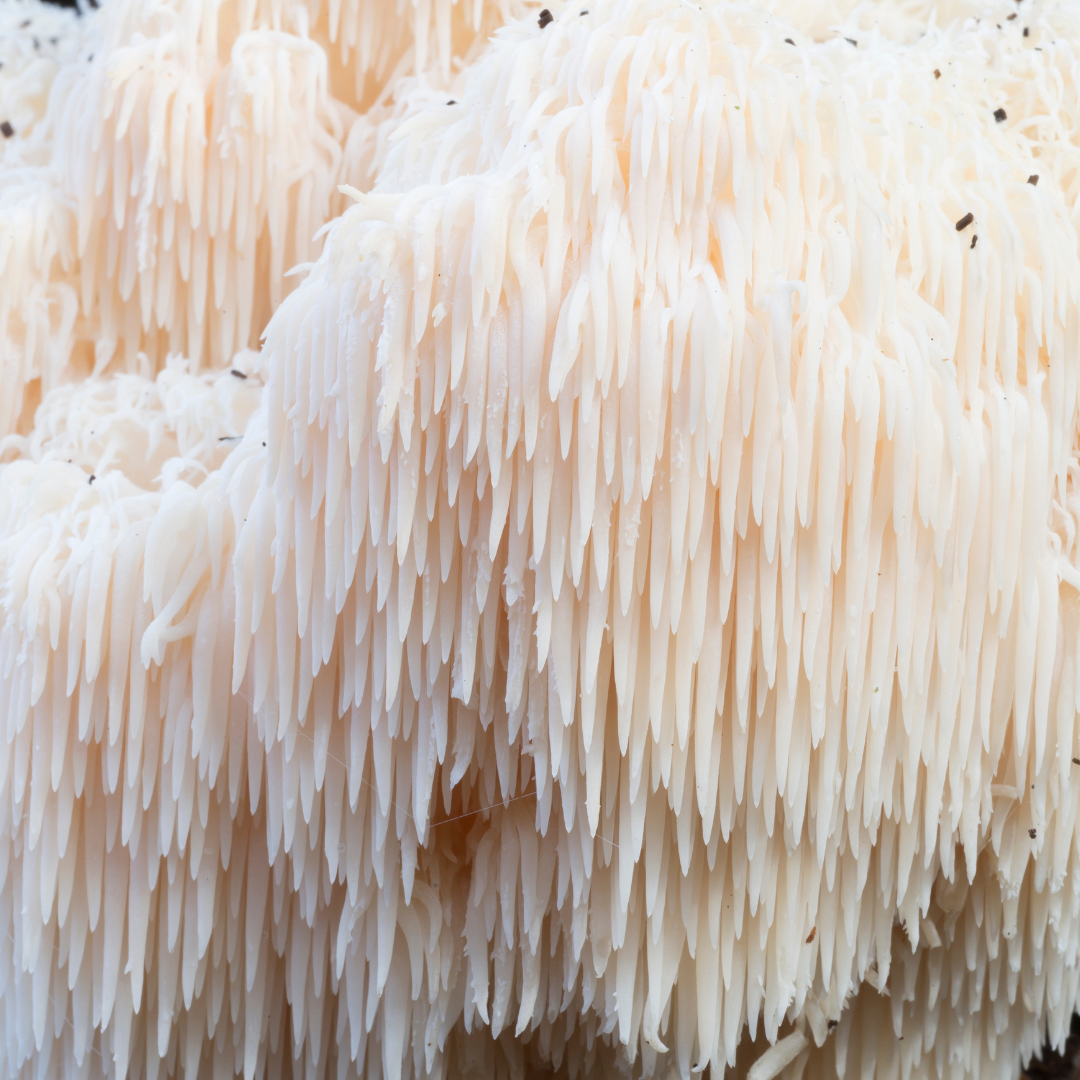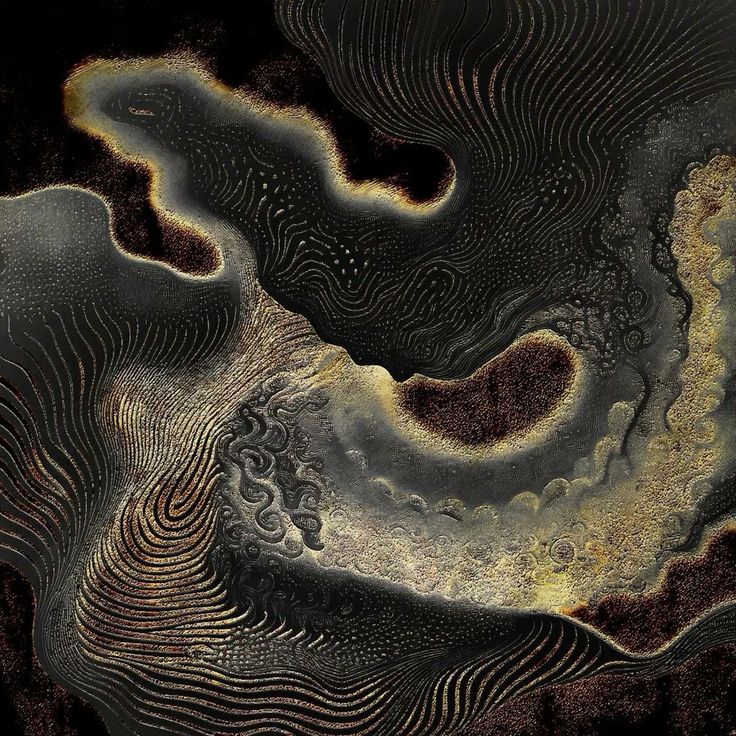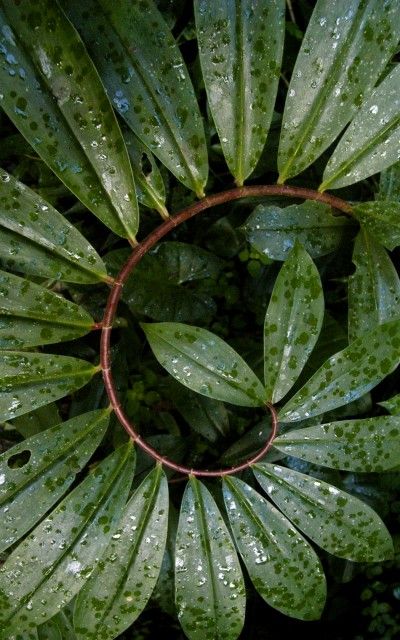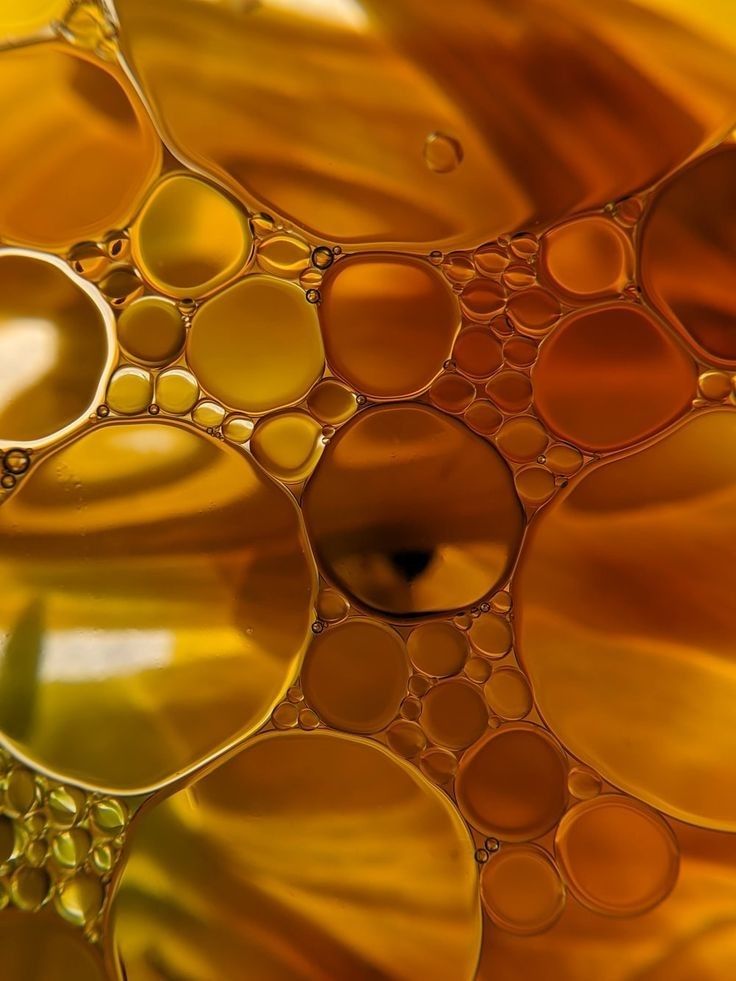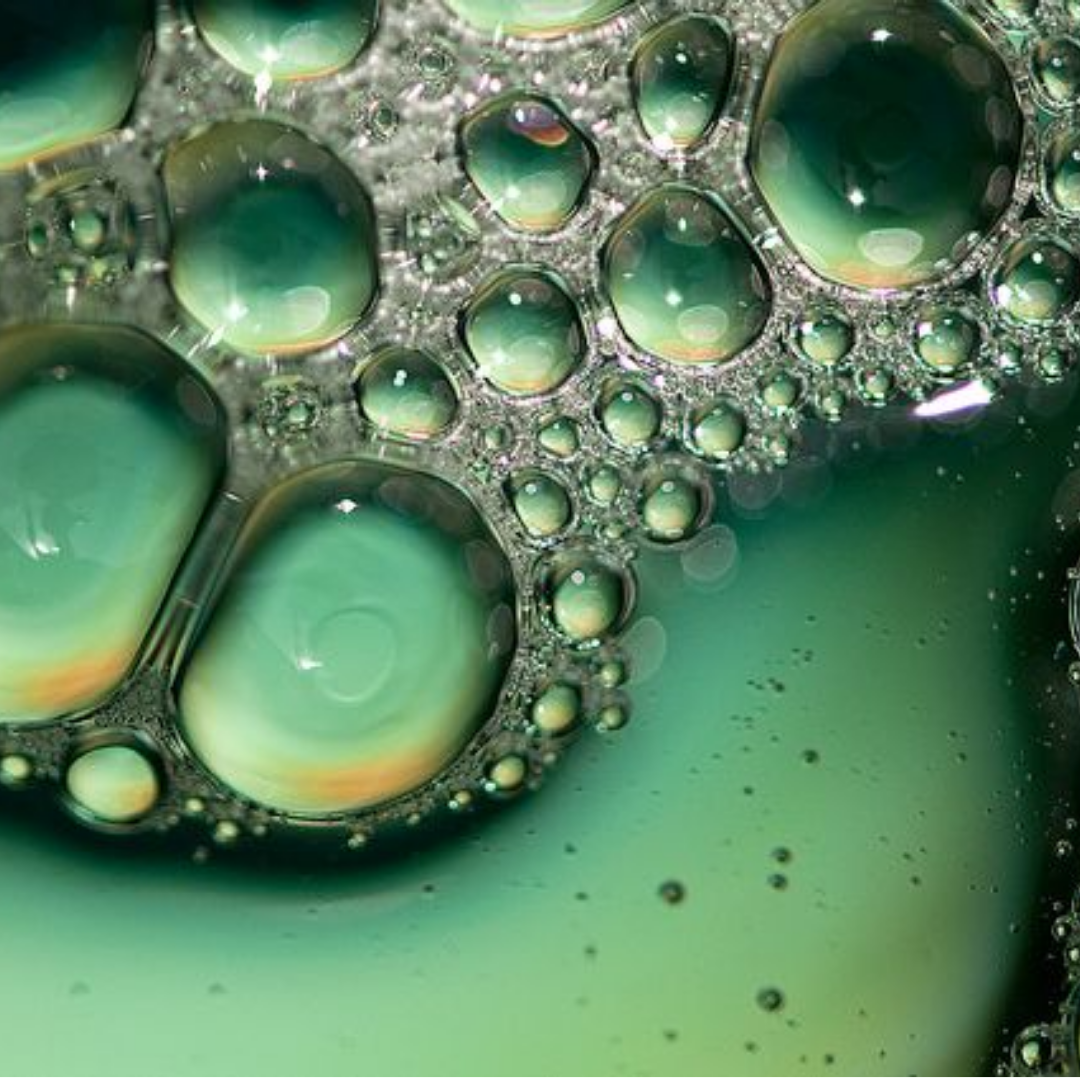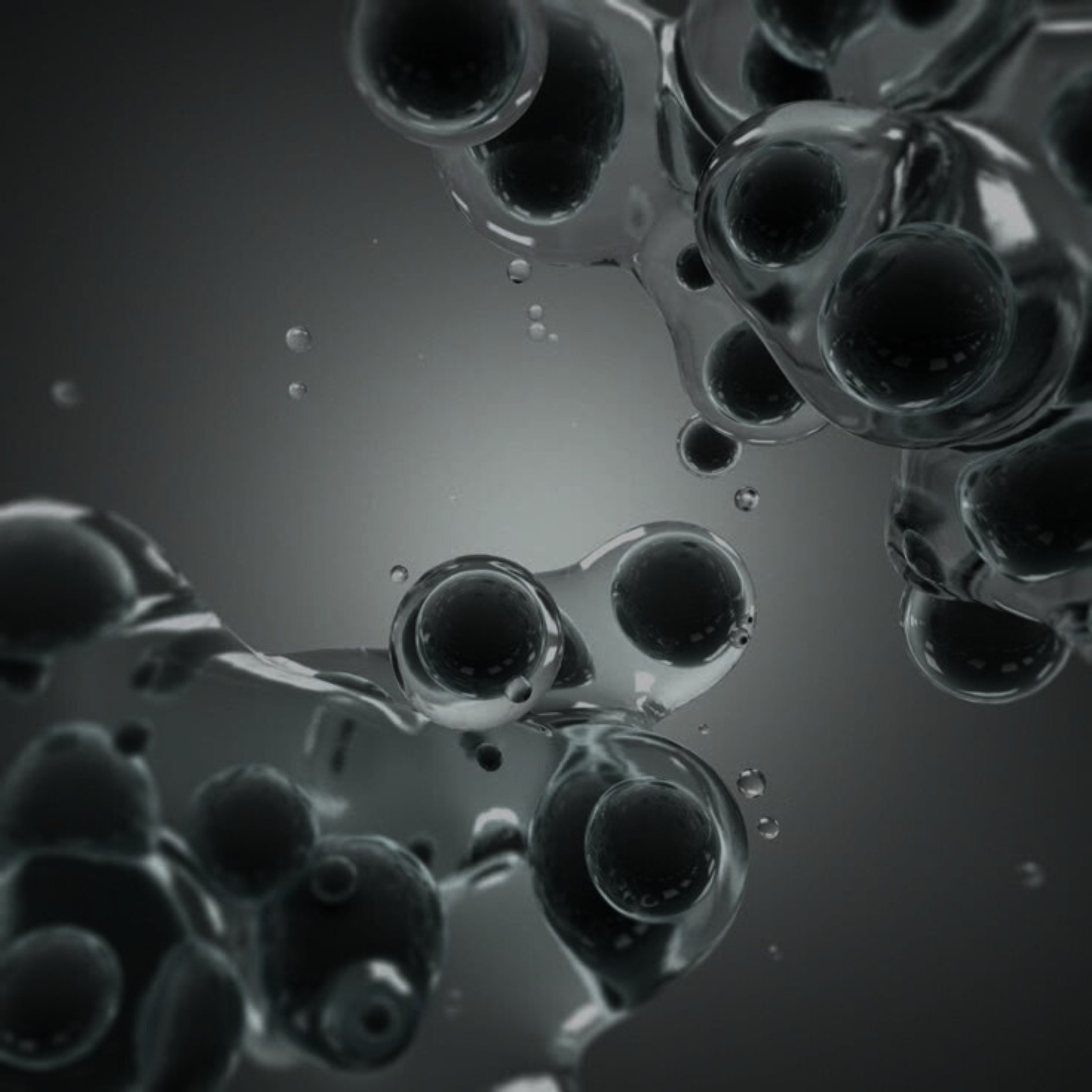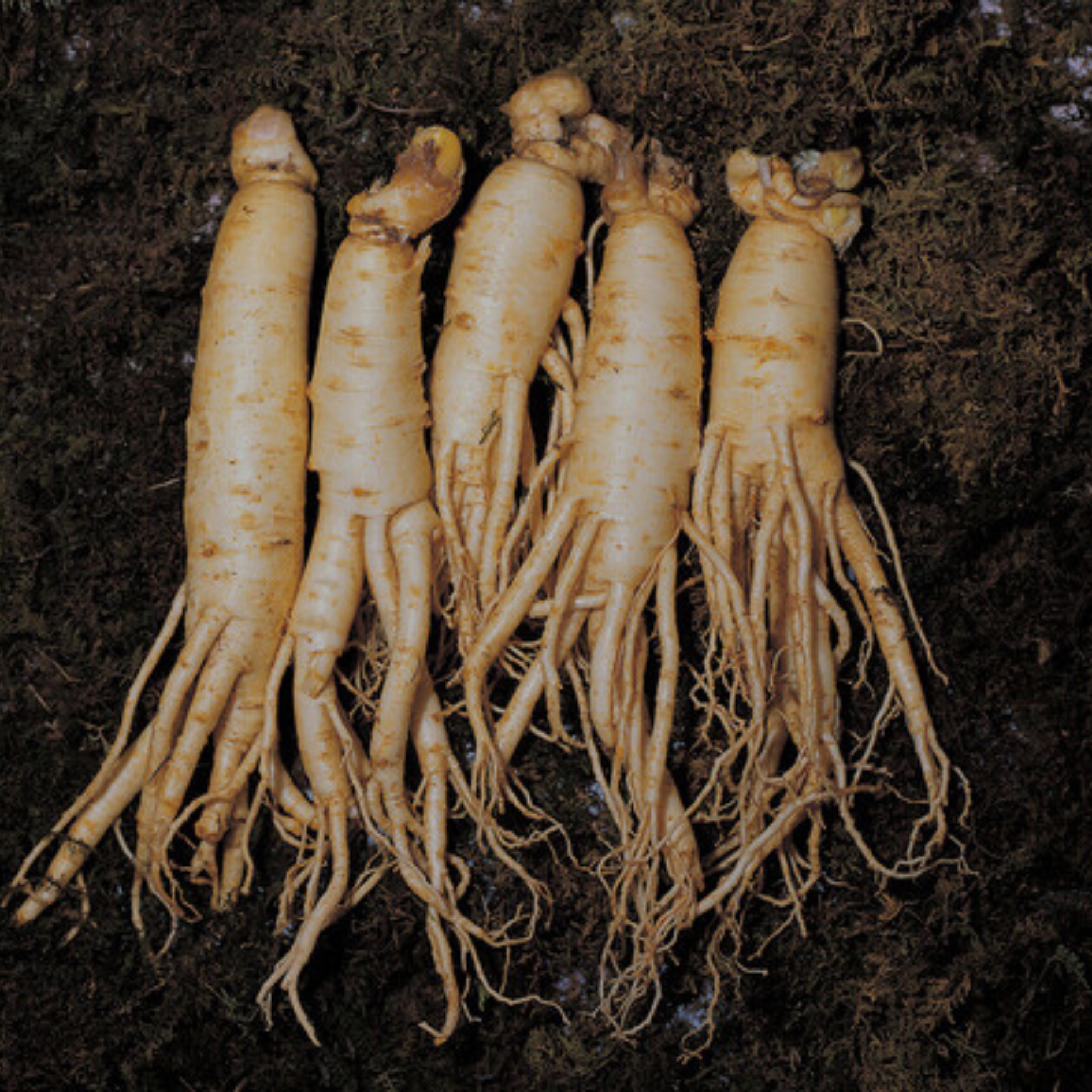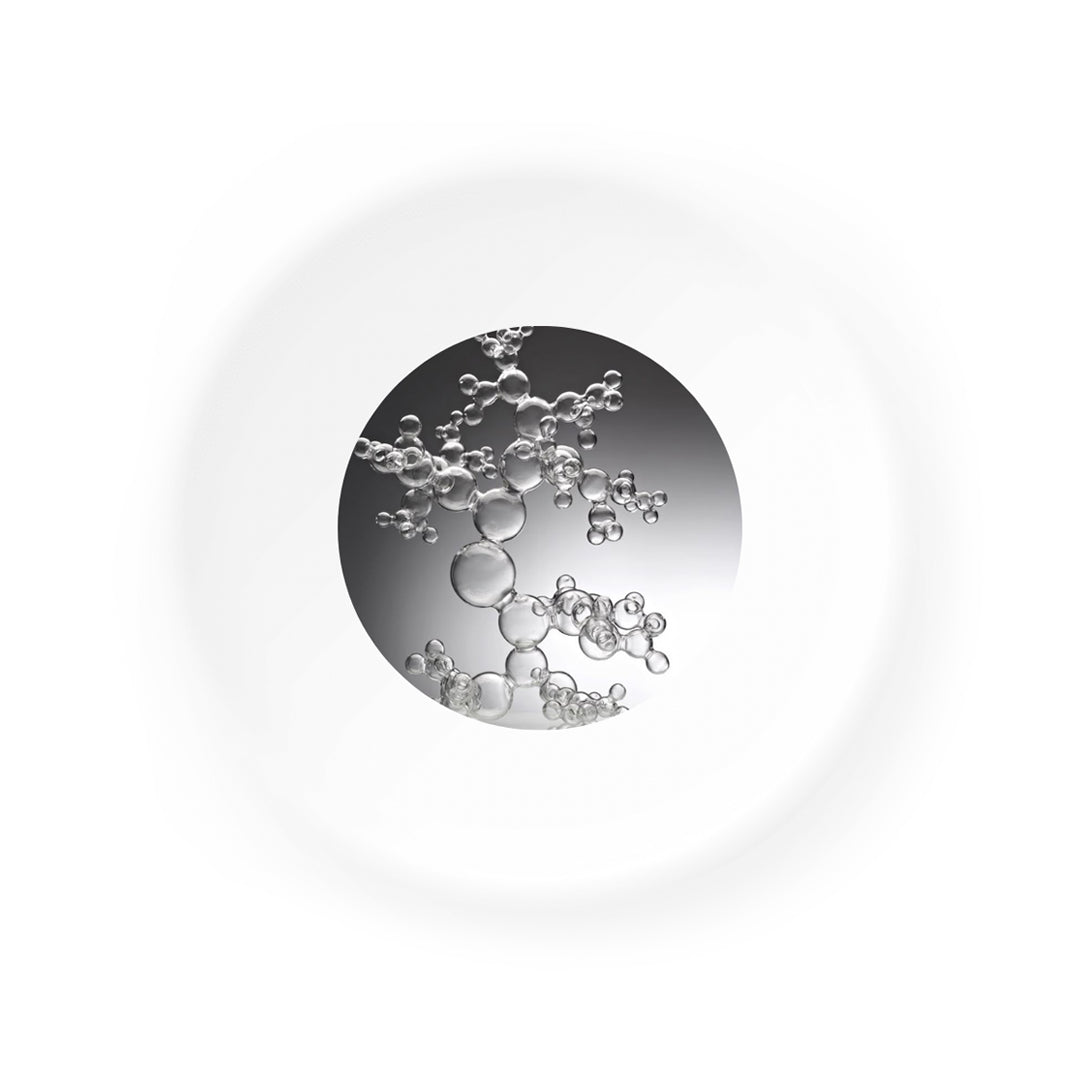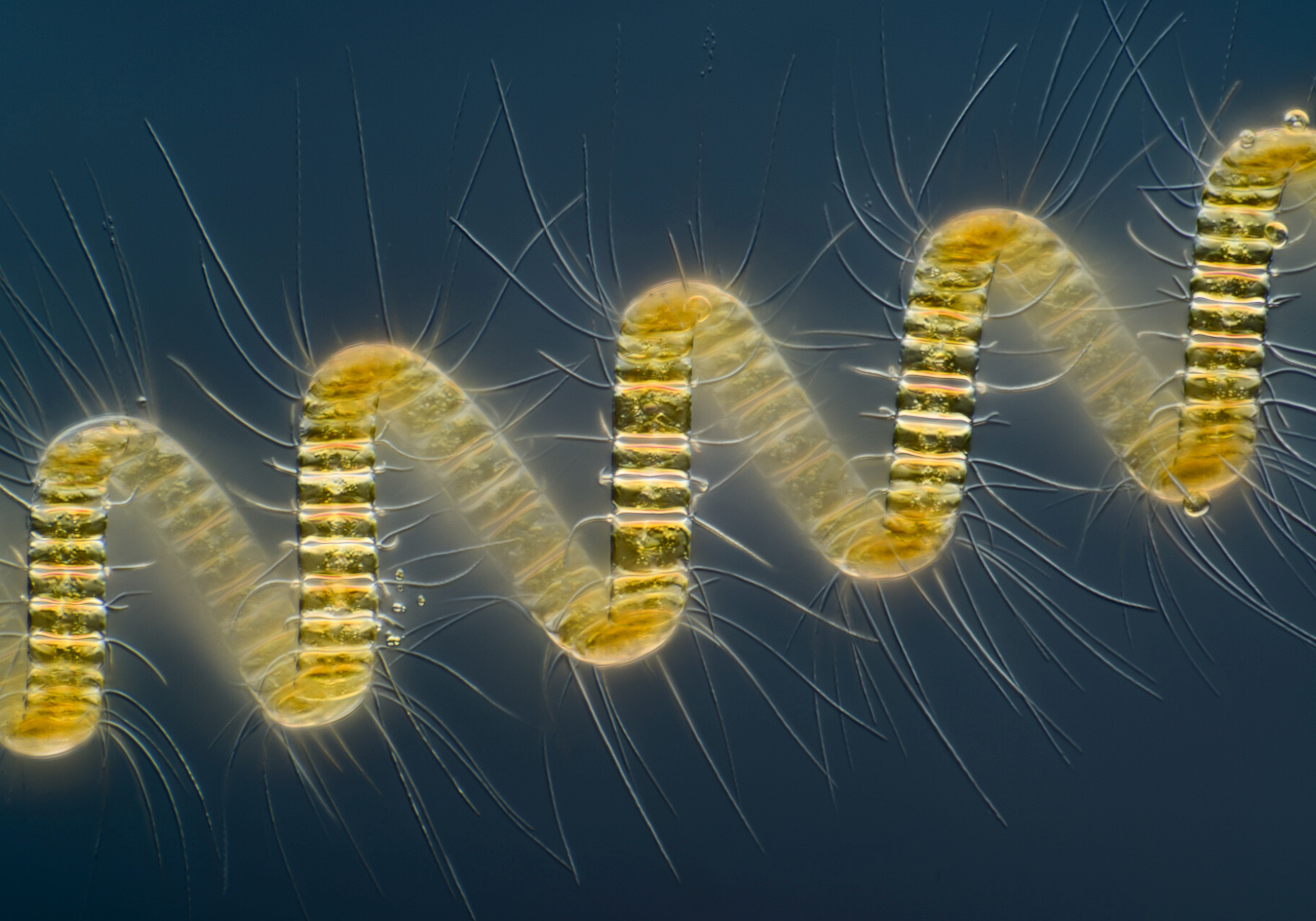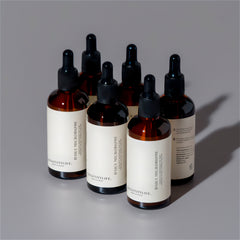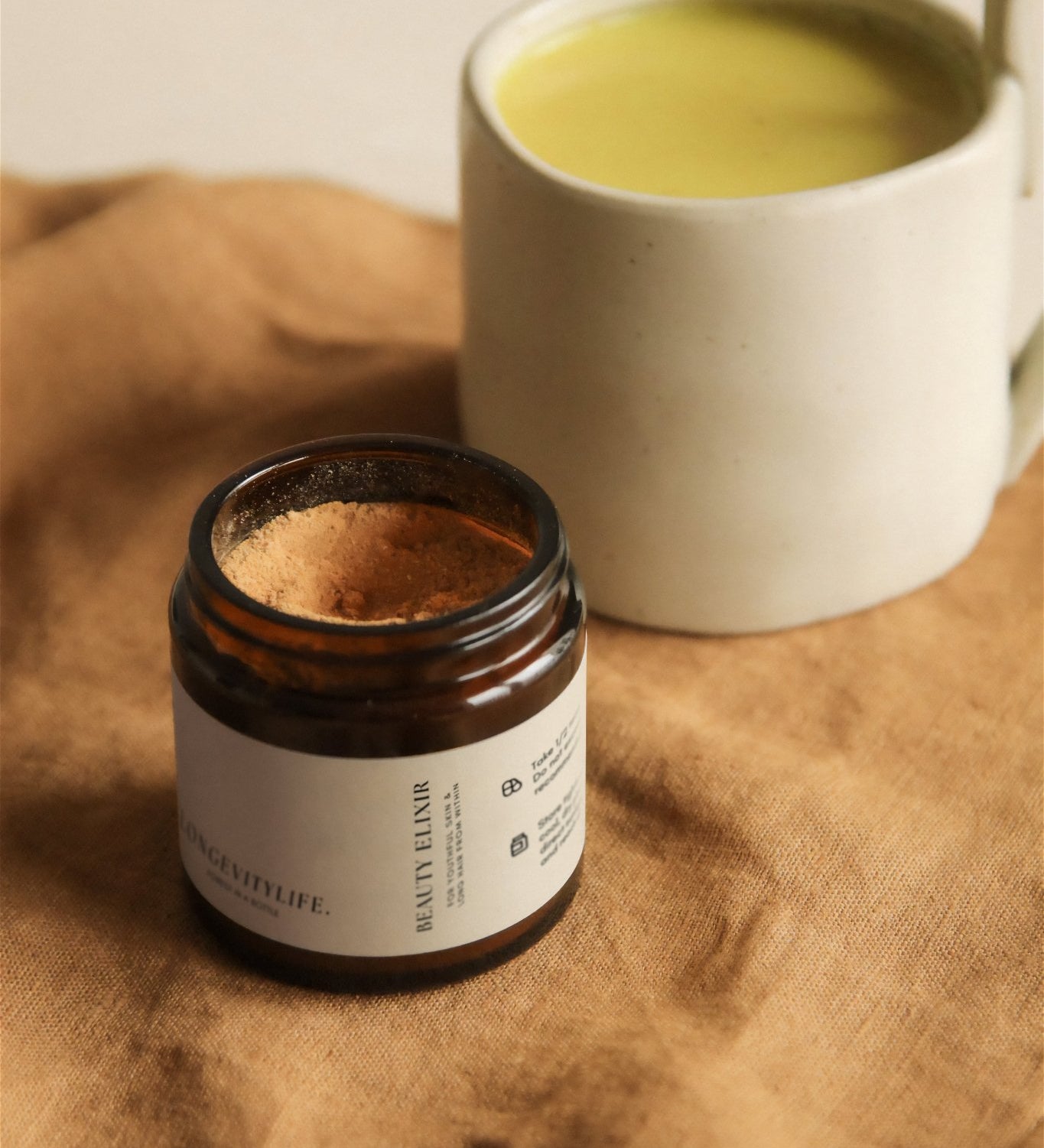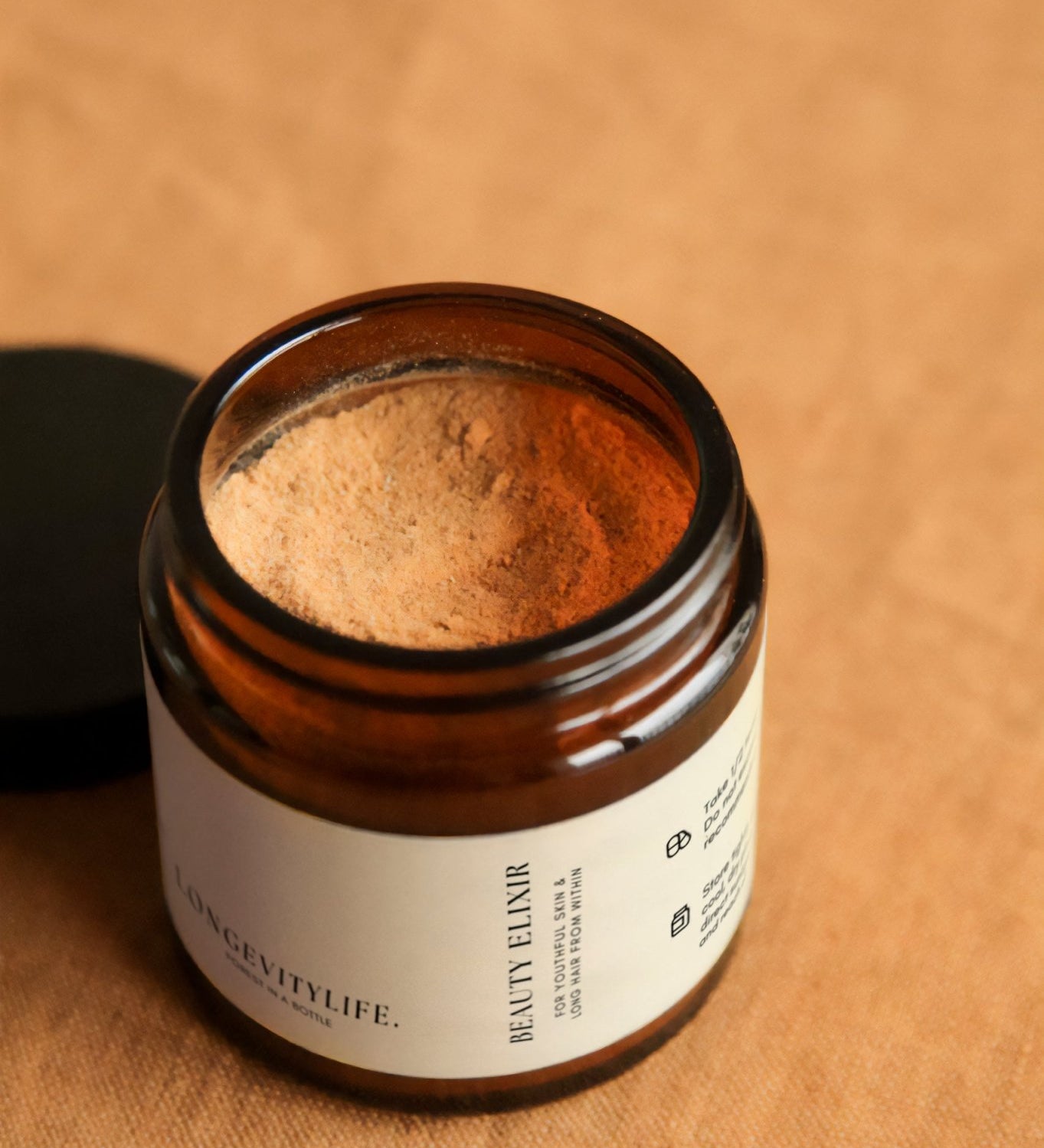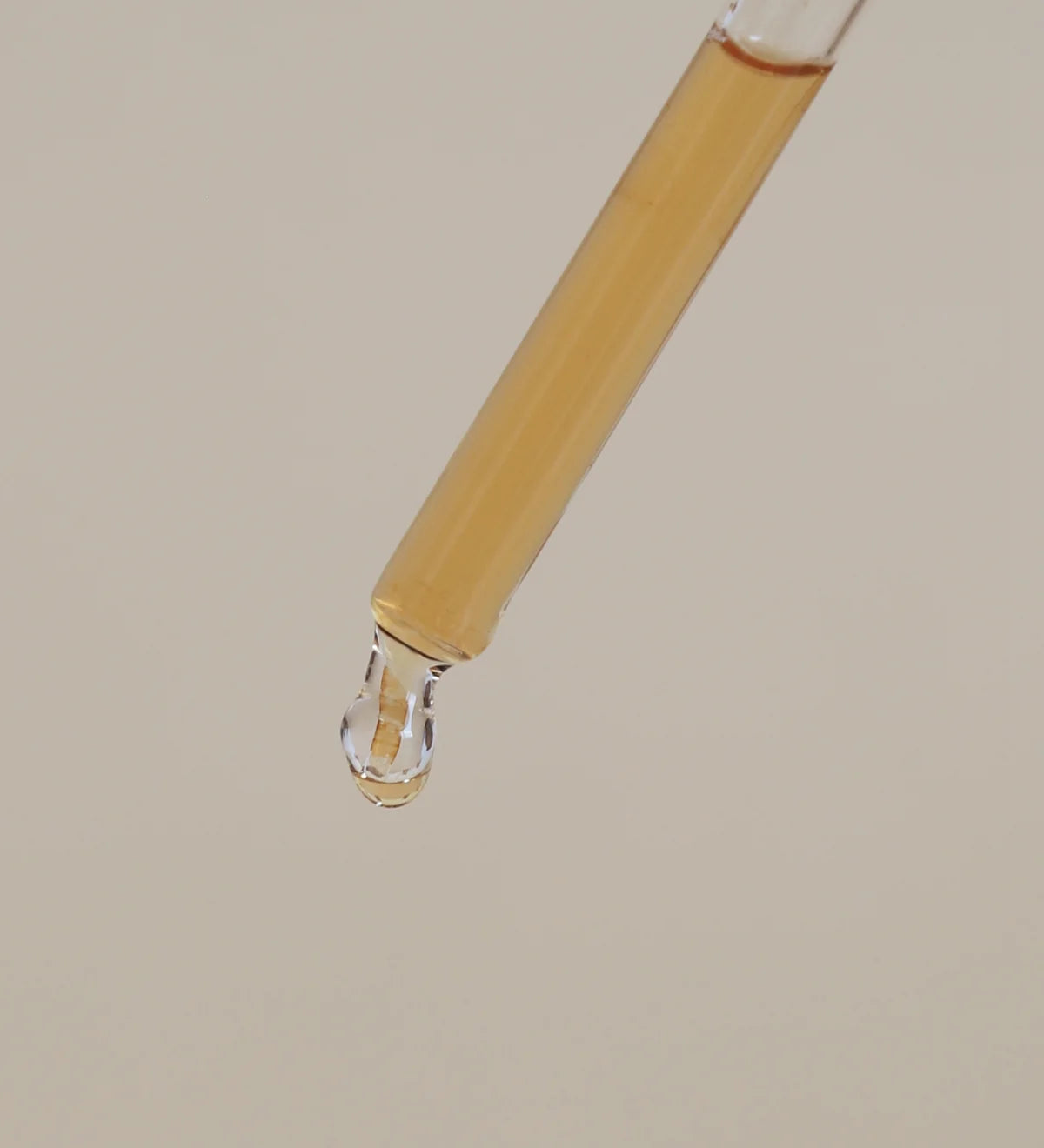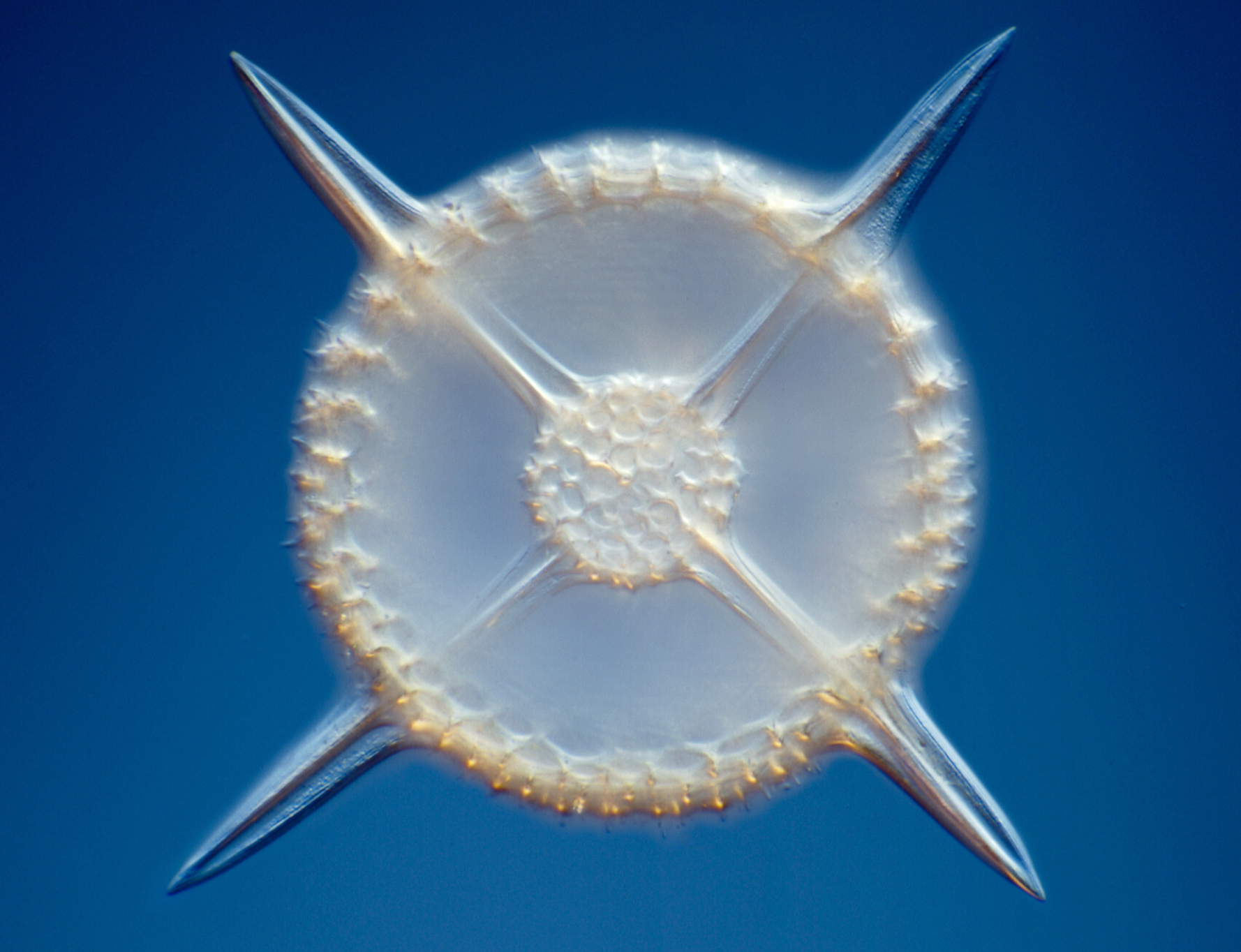Longevity research shows age-related decline of two crucial molecules – coenzyme NAD+ and antioxidant CoQ10.
HOW WE AGE IS AFFECTED BY OUR GENETICS AND EPIGENETICS
All life has one thing in common: it begins with a cell. Lifespan is the number of years we live. Our healthspan is the number of years we are healthy and disease-free. Aging, fatigue, exercise, and illness deplete your body's NAD+ and CoQ10. Aging is a series of linked processes. They are the 12 Hallmarks of Aging.
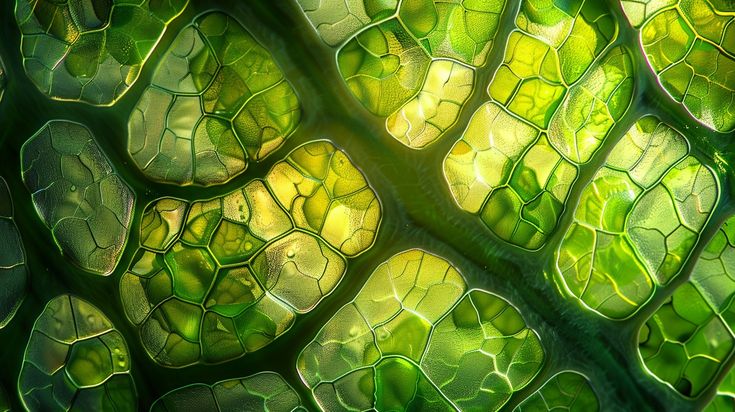
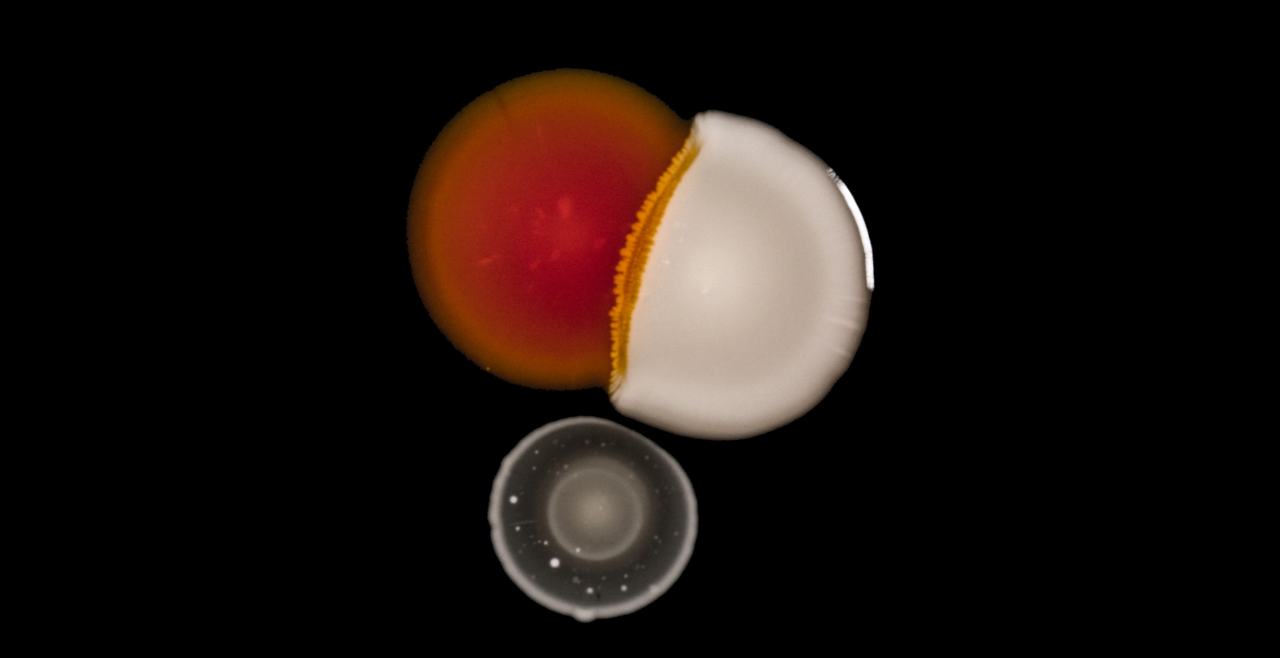
There is a hierarchical relationship between the 12 interconnected characteristics of aging.
12 HALLMARKS OF AGEING
Primary characteristics trigger harmful triggers, the effects of which increase with age. The antagonistic markers help at first after damage. But they become a problem over time. The integrative hallmarks show our body's failure to cope with cumulative damage from the primary and antagonistic hallmarks of aging. This disrupts tissue homeostasis. Our cells become compromised. Our tissues struggle to repair themselves.
They are a diverse set of entities. They exist physically, but most are invisible to the human eye. They are, therefore, independent beings. They are part of life's networks, like humans. The microscope's quality defines their existence.
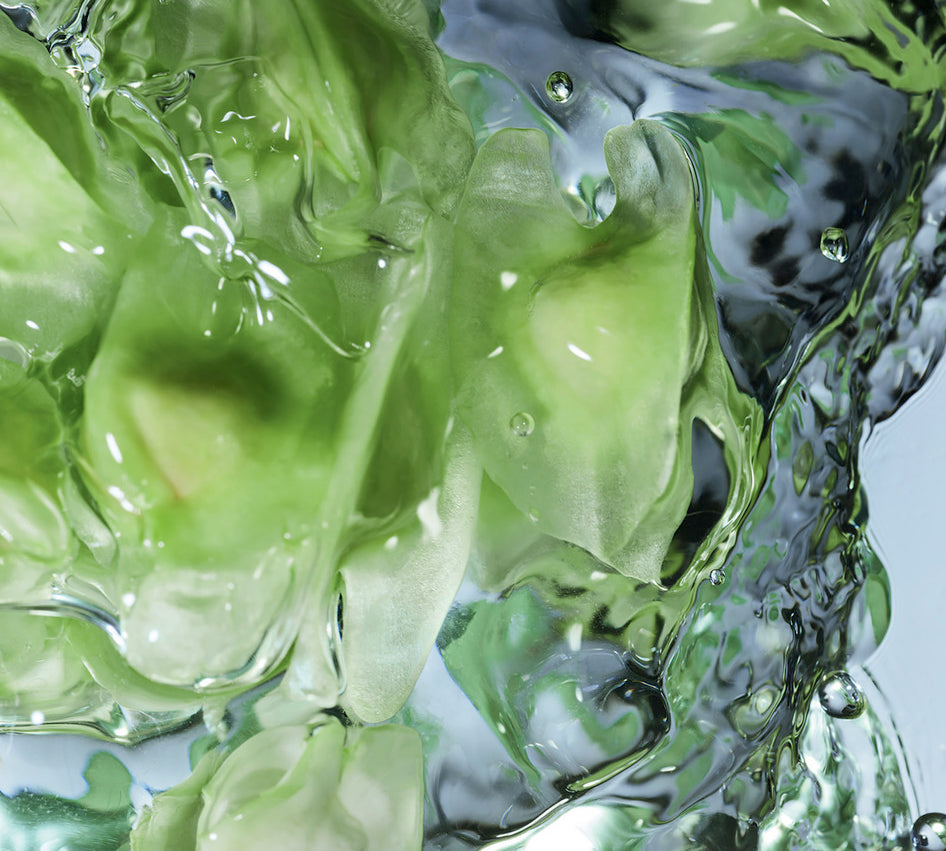
ACTIVATE MY GLOW
Microorganisms, from the Greek - "mikros" = small organisms. In the 1990s, Japanese scientists began to study microorganisms. They aimed to select those that could help harmonize and improve their environments. We call them the CEOs and designers of production processes.
